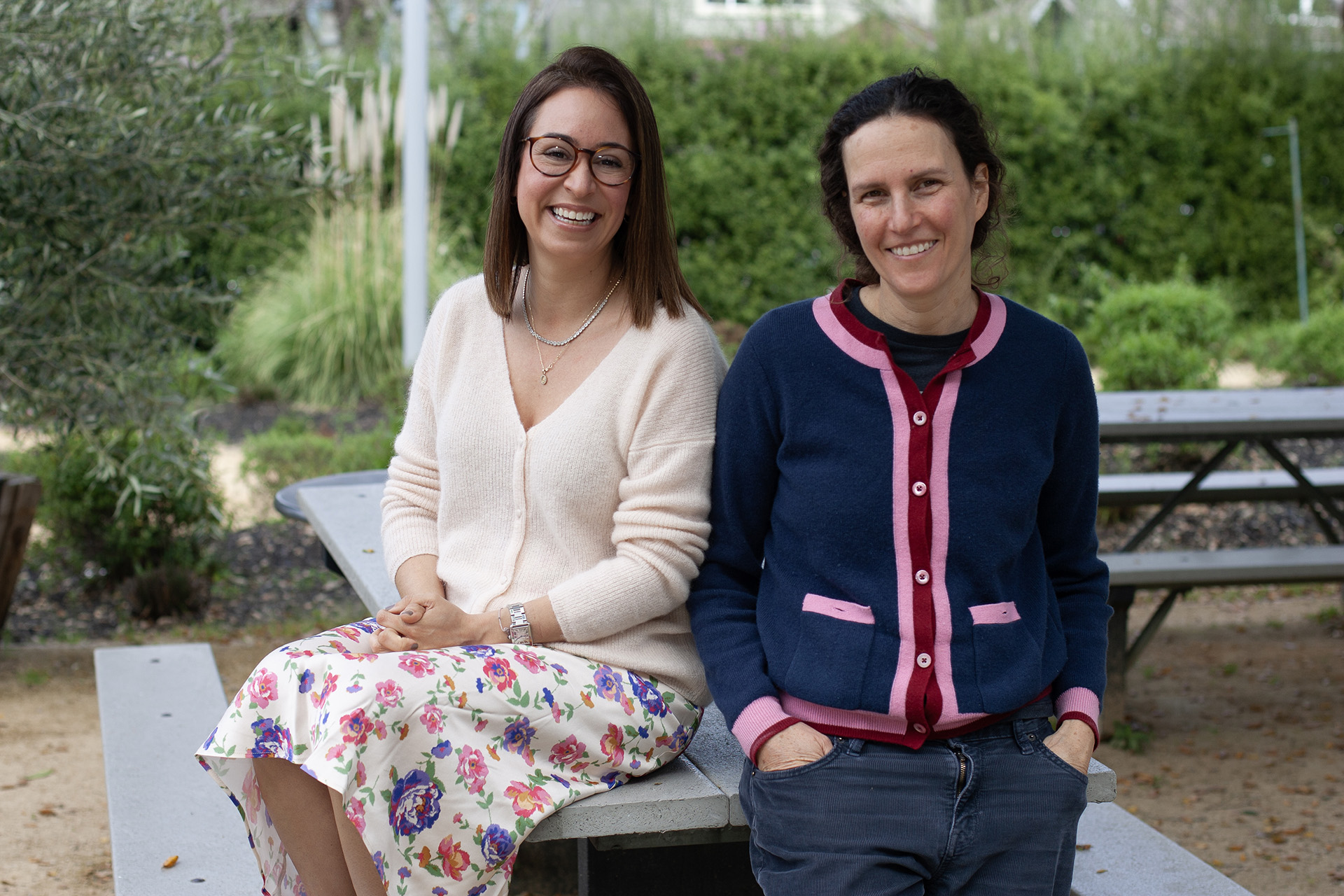Kaiser Permanente Division of Research investigator Rachel Whitmer, PhD, explains what she’s learned over her career about risk factors for dementia and how you can best keep your brain healthy.
Most people think of Alzheimer’s as a disease that affects the elderly. But Rachel Whitmer, PhD, of the Kaiser Permanente Division of Research knows people need to think about preventing it and other types of dementia throughout their lives.
“It’s important for people of all ages to understand that what they do today affects how their brain is going to function when they’re older,” she said.
Dr. Whitmer, who has published more than 50 studies on brain health, has spent her career exploring risk factors for cognitive decline and dementia. Look InsideKP spoke with her about her work in recognition of Alzheimer’s and Brain Awareness Month.

How much do we understand about risk factors for dementia?
It’s an exciting time, but where we are today with dementia research is where we were 40 years ago with cardiovascular disease research. We’re still looking for early life risk factors and biomarkers. For heart disease, we look at blood pressure and cholesterol; we need to find something similar for dementia.
This is important because we know from brain-imaging studies that changes in the brain that lead to dementia or cognitive impairment often start 20 years before there are signs of dementia.
Even though dementia is a condition that becomes clinically obvious in late life, we need to think about maintaining brain health over the course of a life in the same way we think about heart health.
What have you learned over your years of study?
I have focused on midlife, modifiable risk factors such as vascular health. This is an area where a person can make changes now that can make a difference for years to come.
We’ve learned that smoking, hypertension, high cholesterol, and diabetes at midlife are each associated with an increased risk of dementia later in life. So is obesity, central obesity (carrying extra weight around your midsection), and depression.
We also know that African Americans and Native Americans have the highest rate of late-life dementia, followed by Hispanics, and whites. Asian Americans have the lowest rate.
In terms of lowering your risk of dementia, my best advice is to stay mentally and physically active throughout your life. What’s good for your heart is good for your brain.
How does working within Kaiser Permanente benefit your research?
What’s great about doing population-based research at Kaiser Permanente Northern California is we have long-term members, so we can look at risk and protective factors for dementia early in life.
I’ve been able to use data from the 1960s, 70s, and 80s from the multiphasic health study, which our Division of Research founder Morris Collen, MD, started. We can then link that information to our electronic health record and look at information in later life regarding dementia.
Our members are a diverse group who are fairly representative of the aging population. This is important because the bulk of the longitudinal research about early life risk factors so far has come from studies of highly educated white people.
Tell us about your newest study.
We’ve received a $13 million grant from the National Institute on Aging to study racial and ethnic disparities in the incidence of dementia. We’ll be partnering with the UC Davis Alzheimer’s Disease Center in this work.
We’ll be recruiting 1,800 people from across four ethnic groups who don’t have dementia. We’ll be looking at these people over many decades and trying to answer the question, ‘How does early life health and adulthood affect a person’s risk of dementia.’





This Post Has One Comment
I’m glad that you’re doing more research on dementia. My mom had it later in her life
I would love to volunteer in your research study if needed.
Keep up the good work.